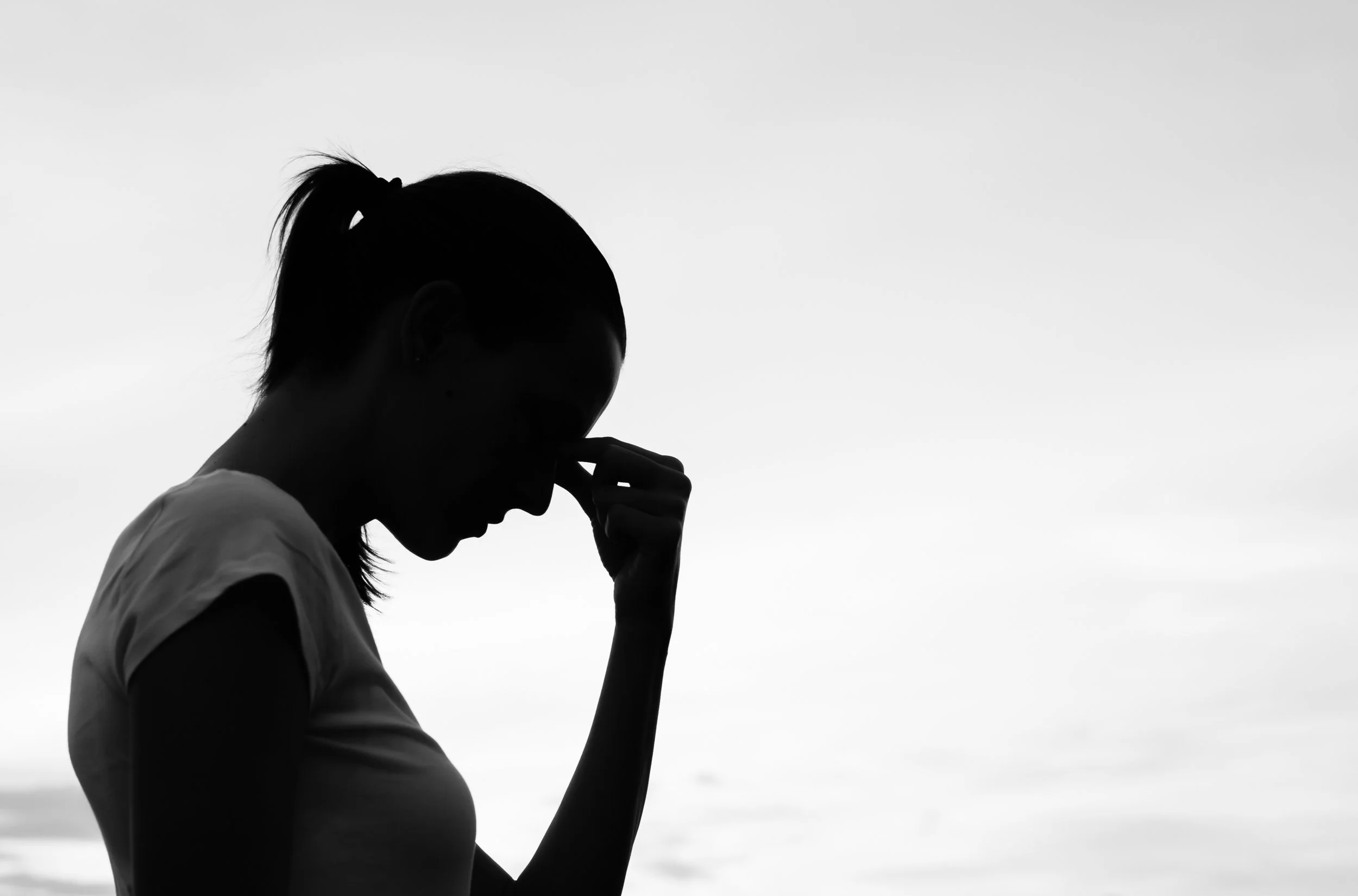Sometimes it is easy to dismiss unhealthy views, habits and relationships with food, exercise and body image because…well…let’s be real…it seems that everyone is always either on a diet or complaining about their bodies. Our friends, family, and co-workers talk of New Year’s Resolutions, no-carb diets, extreme workouts, and the like. But when was the last time someone said, “You know what, I’m eating what my body wants, I’m not obsessing over the gym, I’m not paying attention to the scale…I’m just happy.” My best guess is that you rarely, if ever, hear conversations like that. When it comes to food, fitness, and body, it is negatively and extremes that rule the day, not positivity and balance. And that is why it is often difficult for people to recognize when they have lost balance and might need some outside guidance.
Some more serious eating disorders are very easy to identify. Identifying “less severe” eating disorders, or disordered eating, can be much more challenging. Take, for instance, someone who goes to the gym 6-7 per week for 2-3 hours at a time. This person also eats nothing but whole foods. And, even more, he or she precisely measures out every carb, protein, sugar, and macro-nutrient that goes into their perfectly buff bod. That person is the picture of health. That person doesn’t have a disorder, right? Or, how about a less extreme example. How about a single women in her late 20’s/early 30’s who weighs herself every morning before she eats breakfast and heads to work, and then again every night before she goes to bed. She diets every few months, and will occasionally (though not often) avoids social functions when she feels her weight is up, or when she fears too many high calorie temptations. She is just living life. She doesn’t need the assistance of a counselor, right? Well, for both the examples, I’d say that the answer is always dependent on the person, whether they are truly happy, and whether diet, exercise and body image are interfering with other areas of their lives.
Do you have an eating disorder or some form of disordered eating? And, could you benefit from meeting with a counselor? A great resource for helping you answer these questions is Eating Disorder Hope. This website explains both “eating disorders” and “disordered eating.” It also includes an article describing how disordered eating can lead to the development of an eating disorder. If you have questions about your own habits/behaviors/beliefs about food, exercise and body image, then check out the website and read the article Disordered Eating v. Eating Disorders.
As you read and consider this material, pay special attention to the voice in your head. Does this topic ring true to you? Does it describe your experience, thoughts and feelings? I am a strong believer in intuition and self-reflection. It is always easy to avoid tough questions, or excuse unhealthy behavior. Most often, this is done by comparing your own condition or behavior to others who are “worse.” But, as you read the above material, make a point to focus on yourself. Do you obsess about food and exercise? Does food and exercise take priority over family, friends, or work? Do you feel like you are missing out on life because you must diet or go to the gym? If you answered yes to any of these questions, you are not alone. But that doesn’t mean food, exercise, or body image has to control your life. The first step in any process of recovery and self-improvement is being honest with yourself.
If you think you might be struggling with an eating disorder, or if you have a poor relationship with food, counseling might be a good, positive fit for you.

